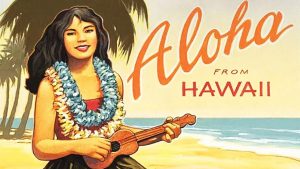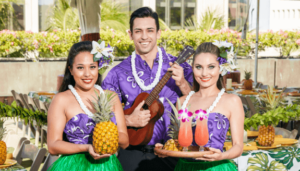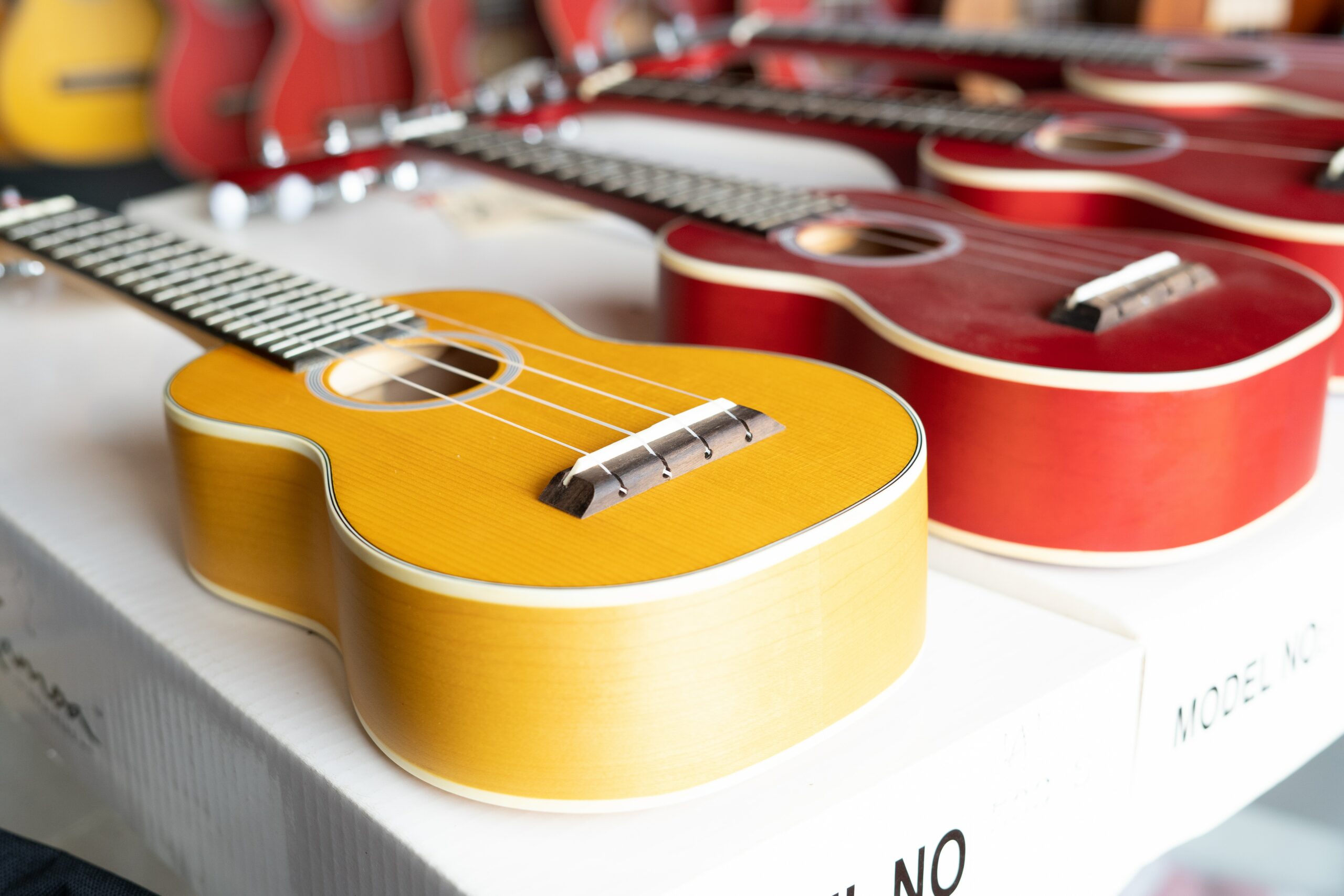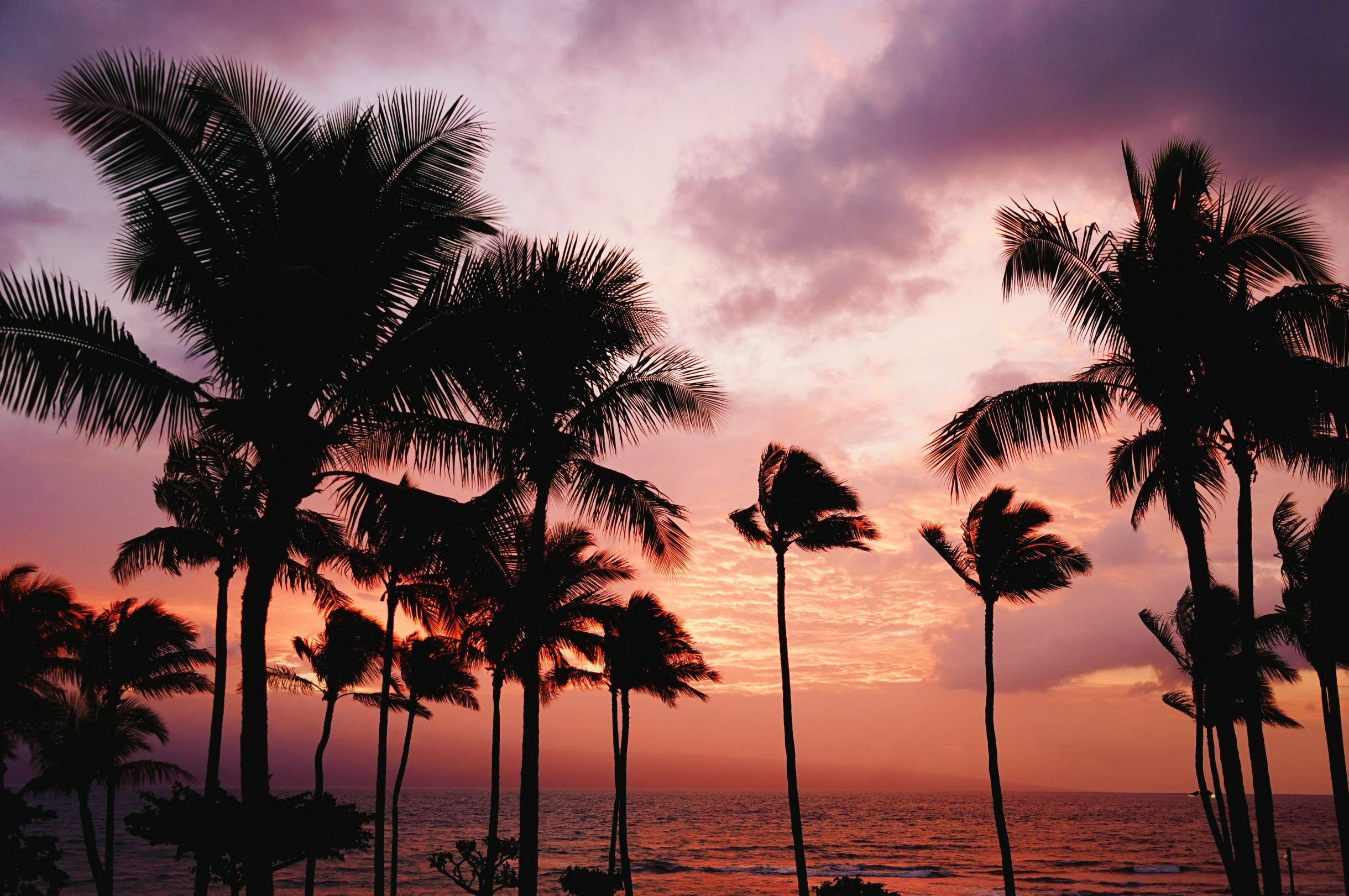The History of the Ukulele
by Mark L., Last Updated January 19, 2024

Ukuleles are a quaint little instrument, and though the sound they produce isn’t exactly commanding, it’s become a symbol of Hawaiian culture. Travel the islands and you’ll likely come across a ukulele performance. Hawaiian luaus are one place where you’re sure to see some of the best performances in Hawaii.
The music you hear at luaus is performed by seasoned pros, meaning whoever is picking up the sweet little instrument is well-versed in how to make its strings sing.
Let’s take a closer look at the history of this iconic “Hawaiian” instrument. You may have noticed that we put quotes around “Hawaiian”. That’s because the ukulele didn’t originate in Hawaii!
The History of the Ukulele began in Europe

Much of Hawaii’s culture originated from the islands of Polynesia, but some elements of Hawaiian culture are from elsewhere. The ukulele didn’t originate in the Pacific at all. The earliest forms of the instrument can be traced back to the island of Madeira in the Atlantic Ocean to the west of Morocco.
As an autonomous region of Portugal, Madeira has long been a haven for European visitors. Those wishing to escape the cold climate of Europe would travel to Madeira and be greeted by an island filled with wine, music, and exotic landscapes. In the capital city of Funchal a four-stringed instrument, called the machete or braginha, would frequently be played in the streets.
Sadly, by the mid-1800s, Madeira was ravaged by famine and poverty. This was the result of a series of natural disasters that caused the collapse of the local wine industry, which at that time produced much of the island’s income. As conditions on the island deteriorated, locals sought an escape. Meanwhile, the Hawaiian Islands were in desperate need of workers on the sugar and pineapple plantations.
The Name ‘Ukulele’ is 100% Hawaiian
The ukulele came to Hawaii with Portuguese immigrants. Specifically, a trio of woodworkers: Manuel Nunes, Augusto Dias, and Jose do Espirito Santo. They worked on a Hawaiian sugar plantation when they first arrived on the islands. After fulfilling their contracts, they each left the plantation, set their sights on Honolulu, and returned to their former occupations.

Eventually, each of the three men had a shop. They made names for themselves as makers of “guitars, machetes, and all stringed instruments.” It’s not clear which of them first started making the ukulele, which is a hybrid of the machete and the five-string Portuguese rajao.
When Hawaiians adopted the ukulele, they gave it its current name, which translates to “jumping flea.” Since it’s such a lively instrument, the ukulele has earned a central place at festive events, especially Hawaiian luaus.
You’ve Been Pronouncing ‘Ukulele’ Wrong
To pronounce it correctly, say “oo-koo-leh-leh.” Sure, you might get a few funny looks, but you’ll have the smug satisfaction of knowing something they don’t. You’re welcome.






